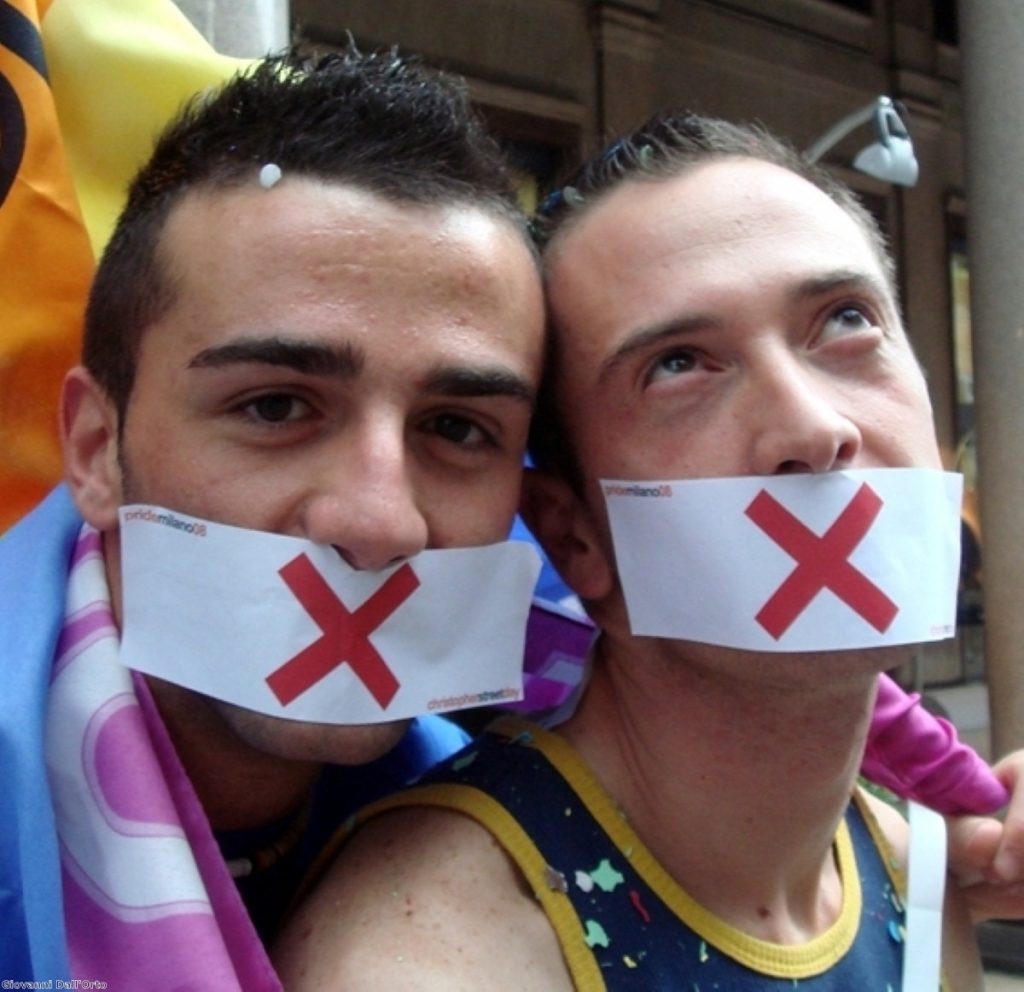Parties battle for pink vote as Gay Pride hits London
By Ian Dunt
Labour and the Conservatives are engaged in an ugly battle for the pink vote as London prepares to host the annual gay Pride celebrations this weekend.
But the struggle is not reserved to the two main parties. Factions of the gay community are also taking shots at the government, with surveys showing clear support for the Tories from the gay community.
This morning, openly gay culture secretary Ben Bradshaw accused the Tories of still having a “deep strain of homophobia” on their benches.
The comments are intended to signal to the gay community that the Conservative’s newfound commitment to gay rights may be only skin deep.
Earlier in the week David Cameron apologised for the party’s association with homophobia, exemplified by Section 28, an amendment to the Local Government Act 1986, which banned the “promotion of homosexuality”.
“I hope you can forgive us,” Mr Cameron told gay activists.
But many observers have serious questions about Mr Cameron’s commitment to gay rights.
He voted to keep Section 28 as late as 2003, in a vote which saw Shaun Woodward, now Northern Ireland secretary and a pivotal ally of Gordon Brown, defect to Labour after he was sacked from the Tory frontbench by William Hague for rebelling against the party line.
Cameron, who succeeded Woodward as MP for Witney at the 2001 general election, mocked his opposition to section 28 at the time.
Last year he voted to restrict access for lesbian couples hoping to conceive children through in vitro fertilisation (IVF), a move which dismayed many gay rights campaigners.
But the Labour benches have not had an ideal relationship with gay activists over the last few weeks either.
Leading gay rights activist Peter Tatchell launched a devastating attack against the prime minister earlier in the week, when he questioned why Gordon Brown would not attend Gay Pride.
Downing Street said security concerns meant he could not go himself, but that his wife Sarah would go in his stead.
“This is just an excuse,” Mr Tatchell claimed.
“He’s not marching because he knows he would be booed and jeered, like he was at the D-Day commemorations.
“He claims to support gay equality but his government actually endorses some aspects of homophobic discrimination,” Mr Tatchell continued, citing the PM’s support for civil partnerships rather than actual marriages for gay couples.
Labour has passed a raft of equality legislation since it came to office, and the country’s attitude to sexuality has changed markedly since 1997.
But recent surveys have shown gay support for the Tories on the increase.
New research for Jake, a company which specialises in professional networking for gay people, found the Tories outperforming Labour by 38 per cent to 20 per cent, with the Lib Dems in second place. The Tory vote was one per cent higher than the national average.
The research backs up a previous survey, conducted in April, which gave the Conservatives a commanding 12 per cent lead among the gay community.
The data, released by the Outright consortium and conducted by Gaydar, found 30 per cent of the 1,800 gays and lesbians surveyed said they would vote Tory at the next general election.





-01.png)